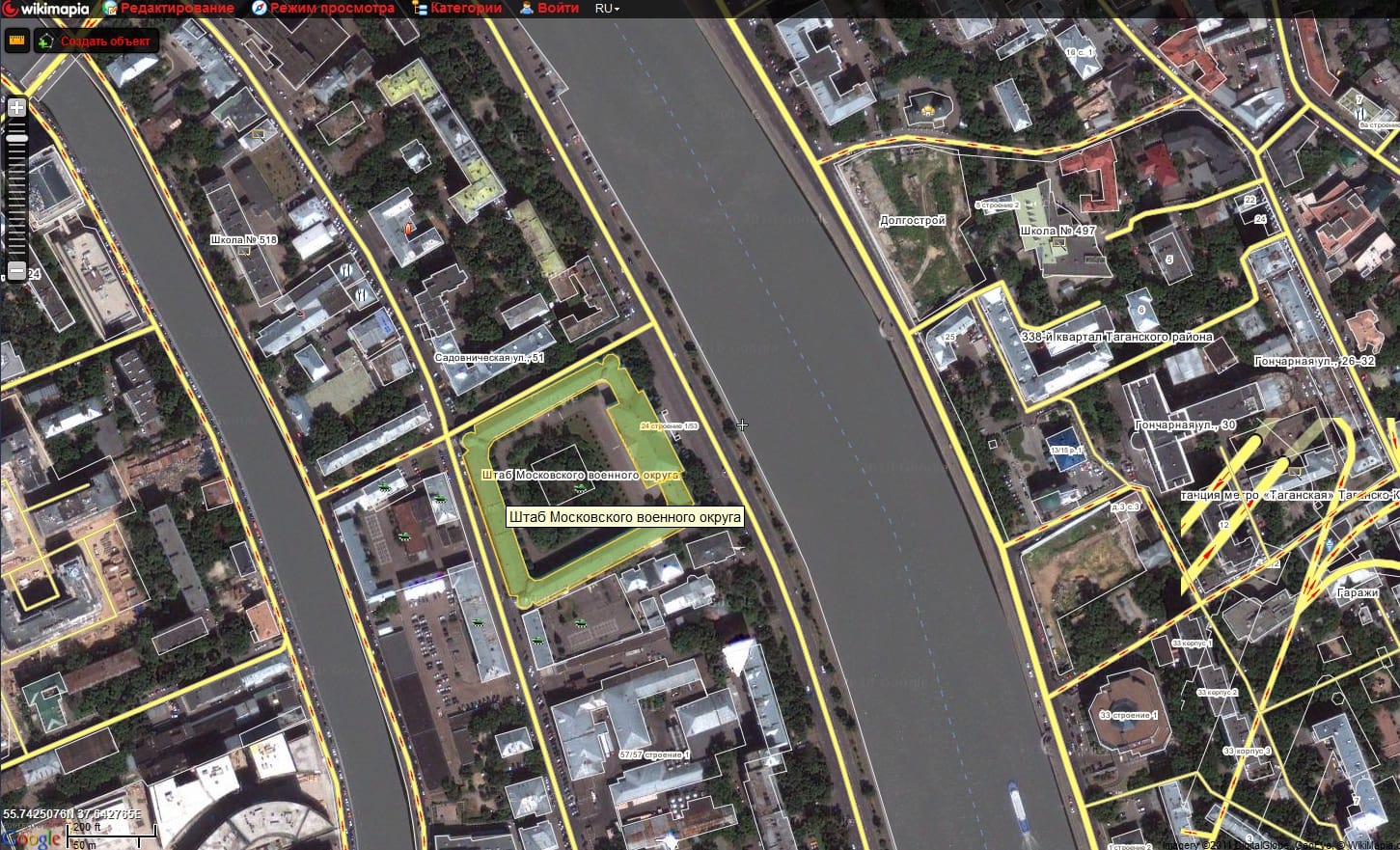The 2020 Belarusian presidential election confirmed the country’s ongoing political stagnation, with incumbent President Alexander Lukashenko securing a sixth consecutive term in office. While the election was met with controversy and widespread opposition, the result underscored a crucial political conundrum in Belarus: the absence of a credible and influential challenger able to effectively challenge Lukashenko’s leadership.
Despite the turbulence that has marred Lukashenko’s tenure, the opposition in Belarus appears fragmented and plagued with internal divisions. The recent wave of nationwide protests, which demanded a re-run of the election and the resignation of the current president, has failed to materialize into a coherent political movement able to mount a legitimate challenge. The question remains: why is it so difficult for the Belarusian opposition to collectively unite behind a unifying figure capable of assuming the mantle of leadership?
One attempt to galvanize opposition to Lukashenko was the formation of the Coordination Council, an ad-hoc body established following the election by opposition leader Svetlana Tikhanovskaya. Comprised of various political figures and activists, the council aimed to negotiate a transition of power. However, it ultimately dissipated due to internal disagreements and external pressure from Lukashenko’s government. This episode demonstrated the challenges inherent in fostering consensus within the opposition and coordinating efforts to effectively challenge the country’s political landscape.
Another obstacle hindering the emergence of an alternative to Lukashenko is the fact that his 26-year reign has effectively orchestrated a system that suffocates political dissent and concentrates authority in his hands. The Belarusian government frequently engages in the repression of opposition figures, detaining and imprisoning activists and political adversaries, thereby reducing the pool of potential alternative leaders. Despite the emergence of new faces and alternative candidates, such actions have fostered an environment where the chances of uprooting the current regime appear bleak.
The international community, too, has played a part in fueling the lack of a viable opposition in Belarus. The pervasive belief that external intervention in Belarus would serve to exacerbate the political crisis and promote instability has led many nations to maintain a cautious approach. Consequently, the likelihood that a Western country would openly support a particular opposition leader in a bid to steer change, similar to what happened in Ukraine in 2014, appears slim.
Moreover, the endurance of Lukashenko’s rule has resulted in a lack of alternative political discourses and a failure to develop a robust competition among political parties and factions. At a grassroots level, dependency on the president appears to have permeated the Belarusian electorate, with many recognizing the importance of Lukashenko’s role in preserving the country’s social welfare system, despite the periodic human rights abuses and authoritarianism exhibited by his government. Such a situation hinders the emergence of new voices and stifles the potential growth of credible alternative leaders.
The apparent absence of a viable alternative to Alexander Lukashenko suggests that the present impasse in Belarusian politics may prove intractable. The cultivation of a genuine political opposition will ultimately require the continued efforts of Belarusian activists, the backing of the international community, and long-lasting shifts in the mentality of the country’s populace. It is crucial, however, to seek a political solution that preserves the nation’s stability and democracy, rather than perpetuating the current crisis.


